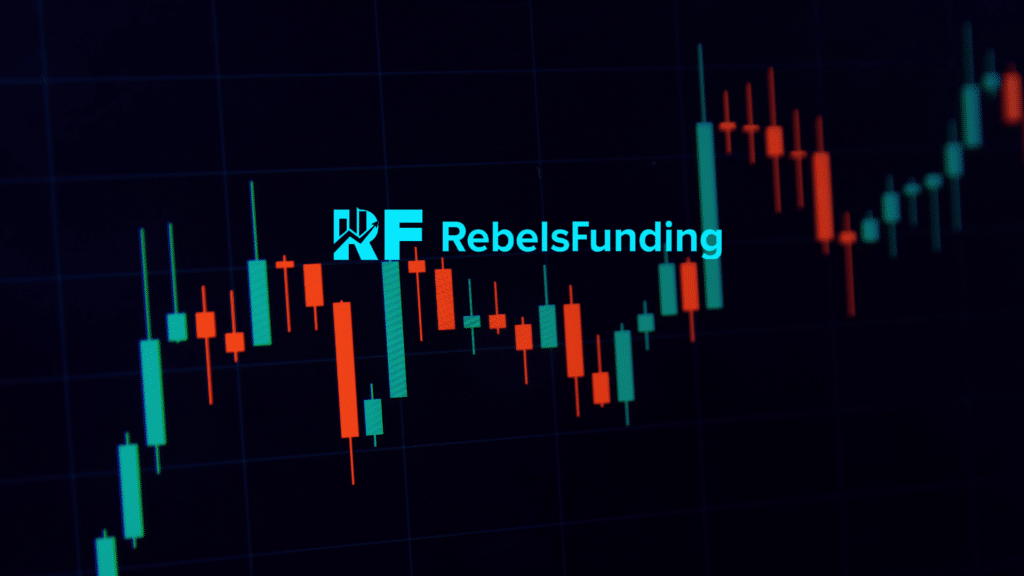8 Important Questions to Ask Before you Enter a Trade

The few minutes or seconds before entering a forex trade is as important as the trade itself. It is your opportunity to rethink. If you can ask the right questions and carefully analyze the situation or atmosphere, this moment can change the game for you.
When prop trading, it’s crucial that you ask yourself some key questions before you enter a trade on your evaluation or funded account. These questions can help you make informed decisions and develop a disciplined trading strategy. Here are eight questions you should consider:
1. Is the market moving consistently in one direction, or is it just swinging up and down?
Here, understanding whether the market is trending or ranging (moving back and forth between two levels) can help you determine the direction of your trade. It also helps in setting your stop-loss and take-profit orders.
2. Is there a noticeable point where the price stops and changes direction nearby?
Support and resistance levels are like invisible barriers in the forex market. They can act as price targets or stop loss levels, helping you manage your risk.
3. Do any of the trading tools or indicators I’m using agree with this trade?
Technical indicators can generate trading signals, but they shouldn’t be used in isolation. Combining indicators with price action can provide more reliable confirmation for your trades.
4. What is my risk-to-reward ratio?
Risk-to-reward ratio tells you how much potential profit you could make for every dollar risked. Keep it conservative or moderate.
5. How much money am I putting at risk?
It’s important to only risk a small percentage of your trading capital on each trade. Risk a percentage less than your daily drawdown limit. This approach can protect your prop trading account from large losses and keep you in the game for a long time.
6. Are there any significant economic releases that can impact this trade?
Economic releases can cause major swings in the forex market. Being aware of any upcoming releases that could affect your trade is a key part of risk management.
7. Am I following my trading plan?
A trading plan sets out your strategy for trades, including entry and exit points, risk management rules, and more. Sticking to your plan can help you stay disciplined and avoid emotional trading decisions.
8. Am I emotionally prepared to take this trade?
Trading involves risk, including the risk of losing money. It’s important to be emotionally prepared for this possibility and comfortable with the level of risk you’re taking.
Asking these questions before any trade can help you make more informed decisions and develop a disciplined approach to prop trading.



